Main Navigation Menu
© 2025 Tech Jacks Soutions, All Rights Reserved
© 2025 Tech Jacks Soutions, All Rights Reserved
The Nintendo Switch 2 launch has been marred by one of the most controversial physical media decisions in gaming history. Nintendo’s introduction of “game-key cards” – cartridges that contain no actual game data and require full downloads – has ignited a preservation nightmare and consumer backlash that threatens the very concept of physical ownership.
What Are Game-Key Cards?
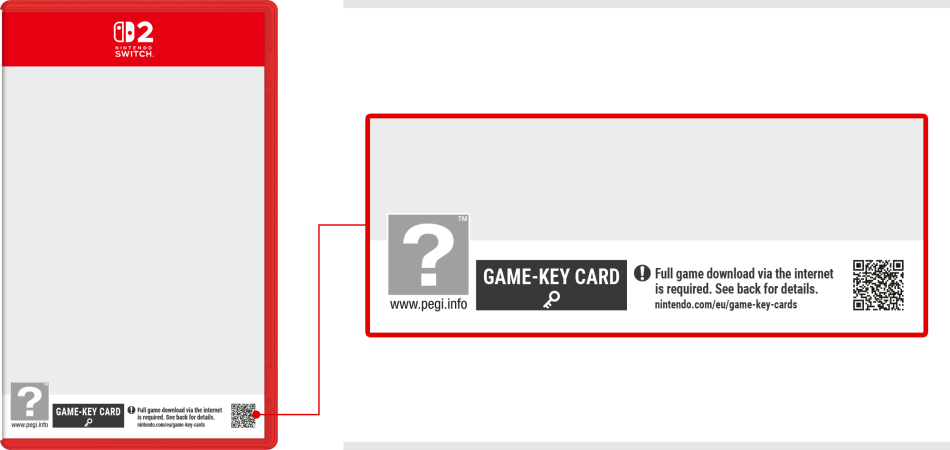
Game-key cards don’t contain the full data of a game. These game-key cards are sealed in a normal package, but instead of actually holding the game inside, it holds a card that unlocks and downloads the full data via the internet once inserted into the Switch 2.
The process works like this: You purchase what appears to be a physical game, insert the cartridge, then wait for the entire game to download from Nintendo’s servers. The card must remain in your system to enable you to play the game.
This represents a fundamental shift from traditional physical media, where cartridges contained actual game data that could be played immediately without internet connectivity.
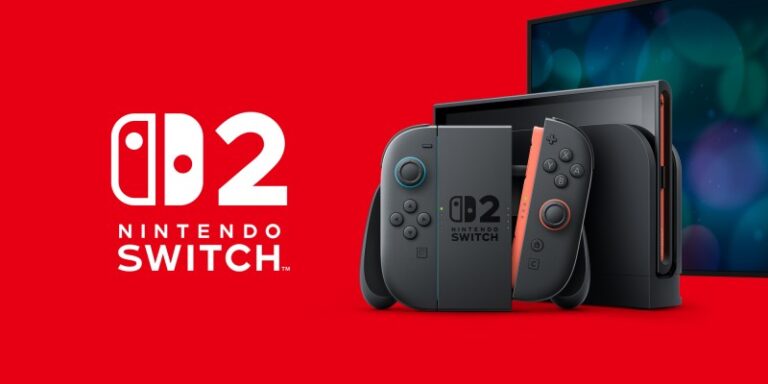
A recent leak has seemingly revealed why so many games on Switch 2 are using game-key cards, as Nintendo is reportedly only offering developers 64 GB cartridges or the controversial game-key format.
This limited offering forces publishers into an unfortunate choice: pay premium costs for 64GB cartridges or use game-key cards that eliminate manufacturing expenses while technically maintaining “physical” sales.
The result has been devastating for advocates of physical media. The game Key cards are dominating third-party releases, with only select publishers like CD Projekt Red choosing to absorb the costs of genuine physical releases.
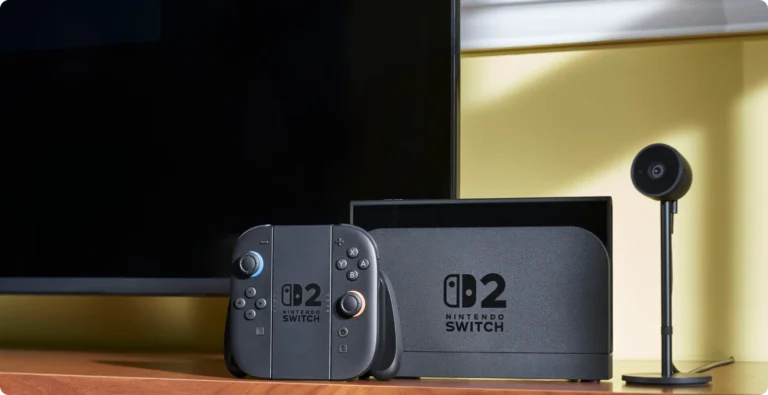
The backlash has been swift and severe. Nintendo gives Switch 2 users a platform for their game-key card complaints with a survey about physical and digital games, and yes, you can say you “definitely would not buy” them.
Even major retailers and preservation institutions are rejecting the format. The Switch 2’s controversial game-key cards prove to be a preservation nightmare as Japan’s national library refuses to use them.
Publishers are struggling with the classification confusion. Switch 2’s controversial game-key cards come on a physical cartridge, but Capcom is still counting its sales of them as digital.
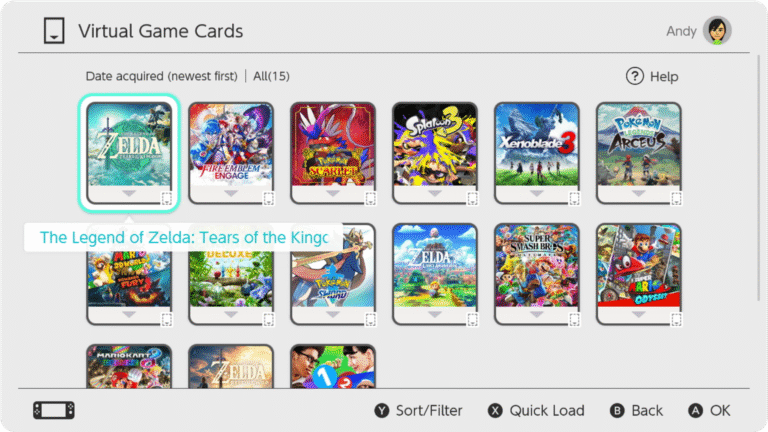
Game preservation advocates have identified game-key cards as a catastrophic threat to long-term accessibility. Unlike traditional cartridges that retain functionality decades after release, game-key cards become useless the moment Nintendo discontinues their download servers.
This creates an unprecedented situation where “physical” games have shorter lifespans than their digital counterparts, completely inverting traditional preservation logic.
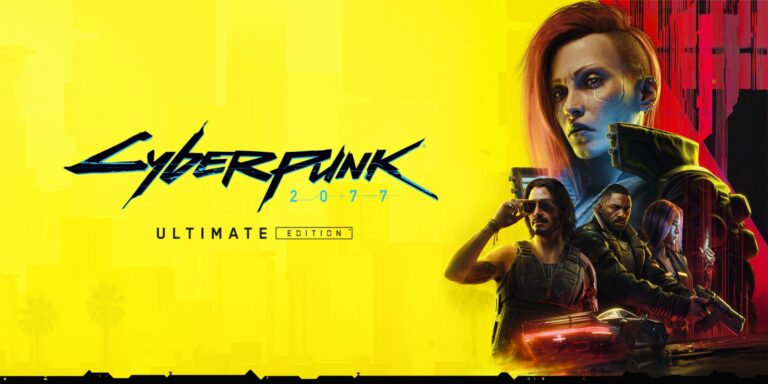
Several publishers have demonstrated that legitimate physical releases remain viable:
CD Projekt Red: CD Projekt RED has confirmed that you “can purchase the game on launch day in a physical 64 GB game card or digital download from the Nintendo eShop for Nintendo Switch 2” for Cyberpunk 2077.
Marvelous Games: Marvelous USA has confirmed that the physical editions of its games “will feature the full game on the cartridge” for multiple titles including Rune Factory and Story of Seasons.
Sega: Sonic Racing: CrossWorlds for Nintendo Switch 2 has full game on cartridge, proving that large publishers can choose consumer-friendly approaches.
Limited Run Games: Limited Run Games commented on the ongoing discussion surrounding physical cartridges for Switch 2. The company, known for bringing both retro and modern digital titles to physical media, confirmed that its own releases should include the full game on the cartridge.
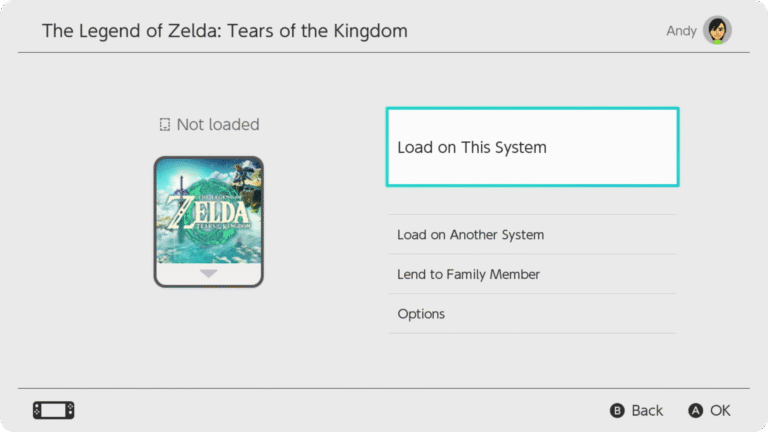
Facing mounting criticism, Nintendo has attempted to justify the decision. Asked about concerns Switch 2 game-key cards could turn off players and third-party publishers, Nintendo president says the controversial cards were introduced since file sizes have gone up.
However, this explanation falls apart when examining games under 64GB that still use game-key cards, suggesting cost reduction rather than technical necessity drives the decision.
Nintendo though has also launched surveys to gauge consumer sentiment, and reportedly asks Switch 2 owners what they think about its controversial game-key cards.
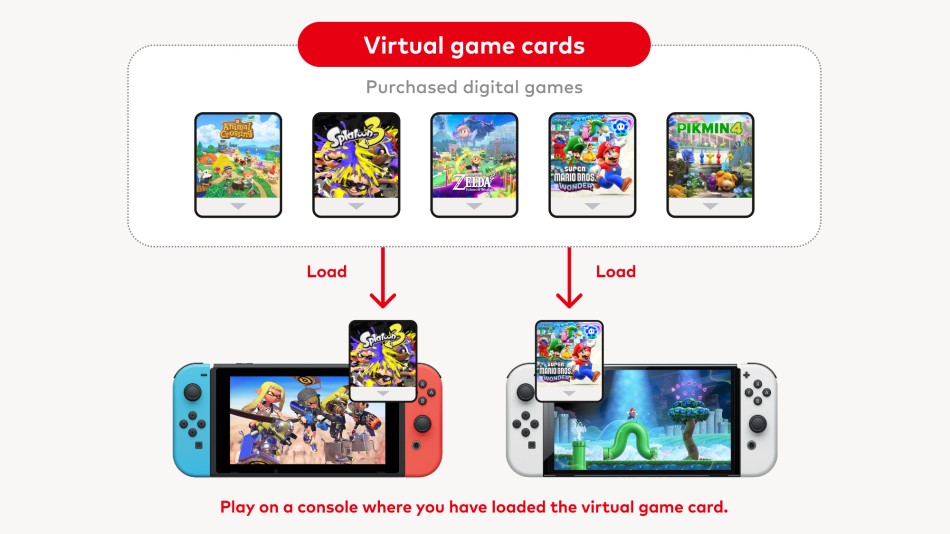
The controversy exposes uncomfortable truths about modern game publishing economics. Large cartridges cost significantly more to manufacture than small game-key cards, creating financial pressure for publishers to choose the cheaper option.
Production costs of these large-capacity cartridges eat into companies’ profits, so many publishers are opting to release Game-Key Cards instead of a full physical release.
This cost-cutting measure privatizes the benefits (higher publisher profits) while socializing the costs (consumer storage requirements, preservation risks, internet dependencies).

Smart consumers are adapting by specifically seeking out genuine physical releases. With the paltry selection of full game on cart releases, “I imagine my physical collection will be a lot smaller because I do not support game key cards”, notes one collector.
This consumer behavior creates market incentives for publishers willing to invest in legitimate physical media, potentially rewarding companies that respect traditional ownership models.
While game-key cards can technically be resold and traded, the cartridge must be inserted to actually play the game. This means of operation allows people to sell, trade, or share game-key cards just as they would any other physical Switch 2 game.
However, this functionality depends entirely on Nintendo’s server infrastructure remaining operational – a dependency that traditional cartridges never required.
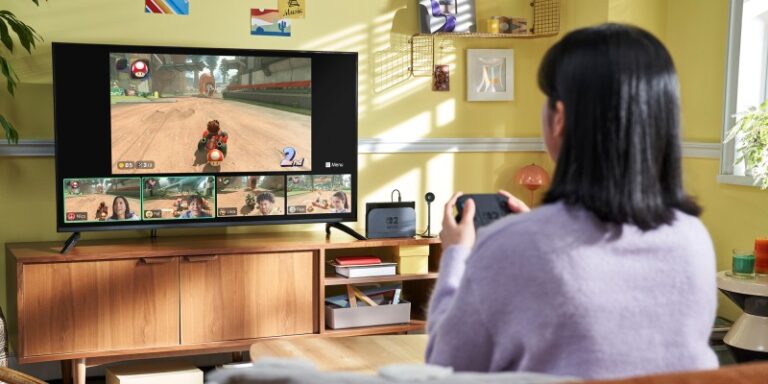
Physical media has been dying for years. Much of it requires an online connection to download necessary patches and updates so most discs and cartridges were pretty much coasters, argue some industry observers.
Yet this perspective ignores the fundamental difference between games requiring patches versus games requiring complete downloads. Traditional cartridges provided playable base experiences that patches could enhance, while game-key cards provide nothing without internet connectivity.
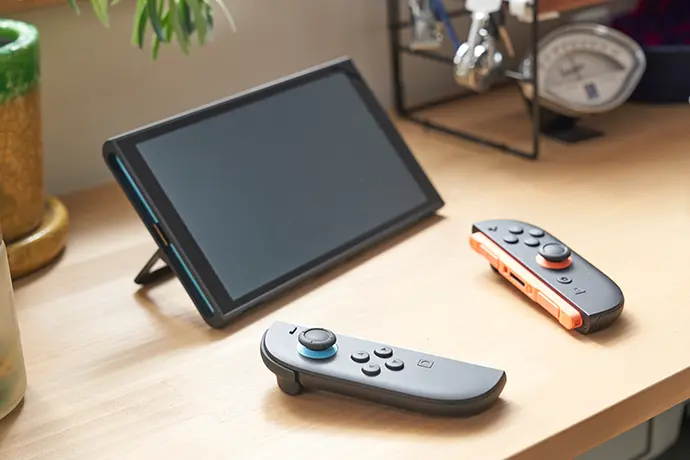
Nintendo’s game-key card implementation represents corporate convenience disguised as consumer choice. While the company maintains technical capability to offer genuine physical media (as demonstrated by their own first-party releases), they’ve chosen to burden consumers with the costs and risks of their publishers’ economic decisions.
The preservation implications alone should disqualify game-key cards from serious consideration. When Japan’s national library – an institution dedicated to cultural preservation – refuses to archive these releases, the writing is on the wall.
Smart consumers will vote with their wallets by supporting publishers who invest in legitimate physical media. Companies like CD Projekt Red, Marvelous, and Sega prove that genuine physical releases remain viable for publishers willing to prioritize long-term customer relationships over short-term cost reduction.
The Switch 2’s game-key card controversy isn’t just about cartridges – it’s about whether gaming will preserve its heritage or sacrifice it for quarterly profit optimization. Choose accordingly.
